Umhoefer gave us some behind-the-scenes knowledge on what goes into Politifact Wisconsin and the statements they rate. The Milwaukee Journal Sentinel's Politifact team consists of three writers (one does not write full-time for Politifact) and an editor. They scour everything from speeches and political ads to podcasts and talk show appearances and flyers. Over 90 percent of the statements they fact check comes from their own research.
What does it take to be a PolitiFact reporter? For one thing, you need to be interested in politics. Umhoefer and his team have to find and read through of documents, and that would be very boring if you were not even interested in its content.
"It's about being smart, and open-minded, and fair, and willing to do the research," Umhoefer said. "It's very researchy. We stop when there's no longer a dispute."
Their standard for choosing statements: Anything that has them asking "Really? Is that true?" They look for claims or statements that are interesting and/or ridiculous. If they are genuinely wondering if a statement could be true or not, they assume their readers are too, and they do a fact check.
If there is evidence that the candidate knew better when he or she made the ridiculous claim, it is kind of an automatic pants-on-fire rating, Umhoefer said.
Umhoefer had great things to say about his readers. He said his team gets lots of thoughful suggestions from readers who want to get to the bottom of the facts.
"People really care about this stuff, they really want to get the answers, and they're very appreciative when they do," he said.
But how do they make sure that they are not using either too many Republican or Democratic statements, which would give the appearance of biased, partisan writing? Umhoefer said they don't really keep track of Republican verses Democratic statements they've fact-checked, or if they have focused on one candidate. If they did, it would negatively affect their reporting and research.
When a guest speaker shows a clip from Jon Stewart and shares some of the funnier statements made by politicians, it will be hard for other guest speakers to top that. But in additon to providing some humor, Umhoefer shared some great information on the inner workings of PolitiFact Wisconsin and the responsibilies of its staff.
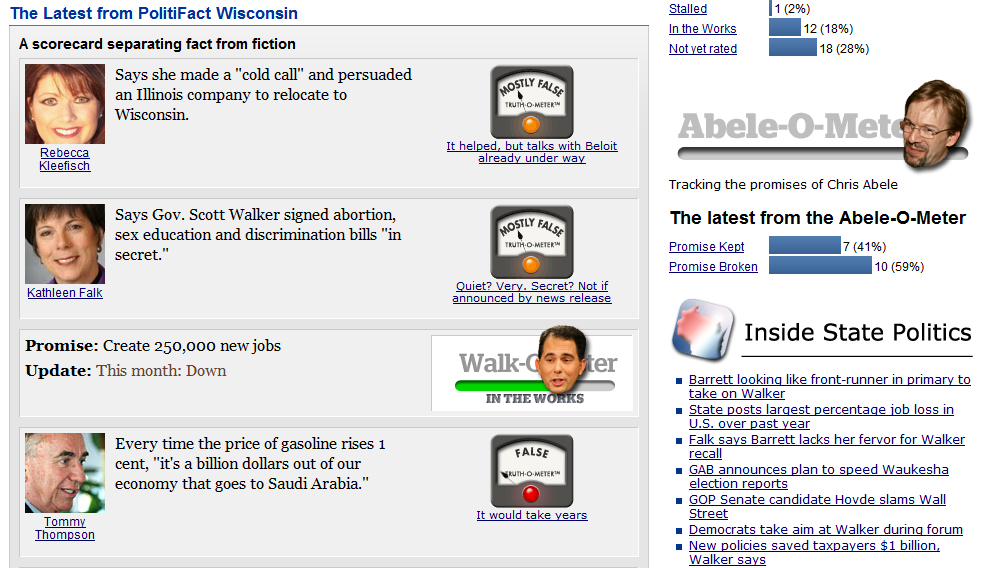
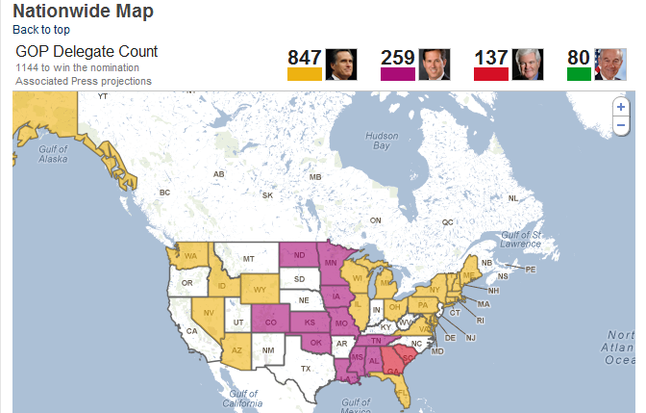
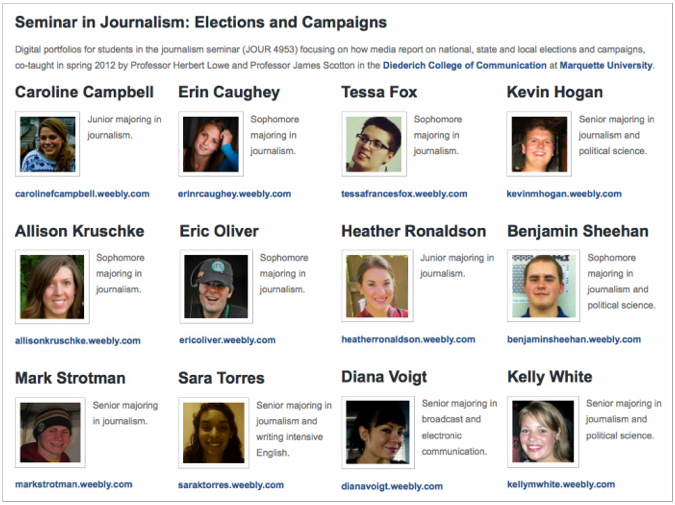
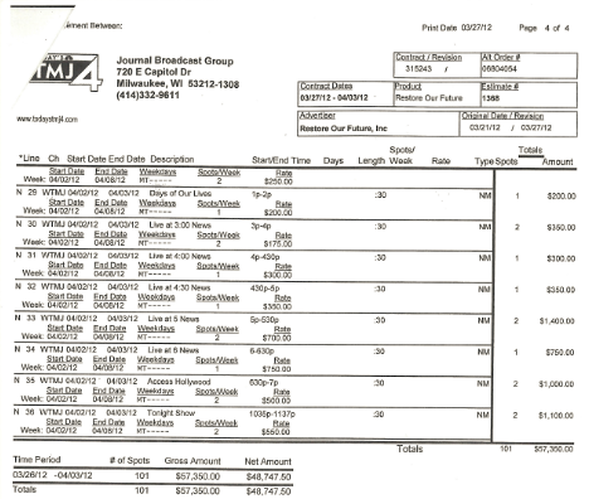
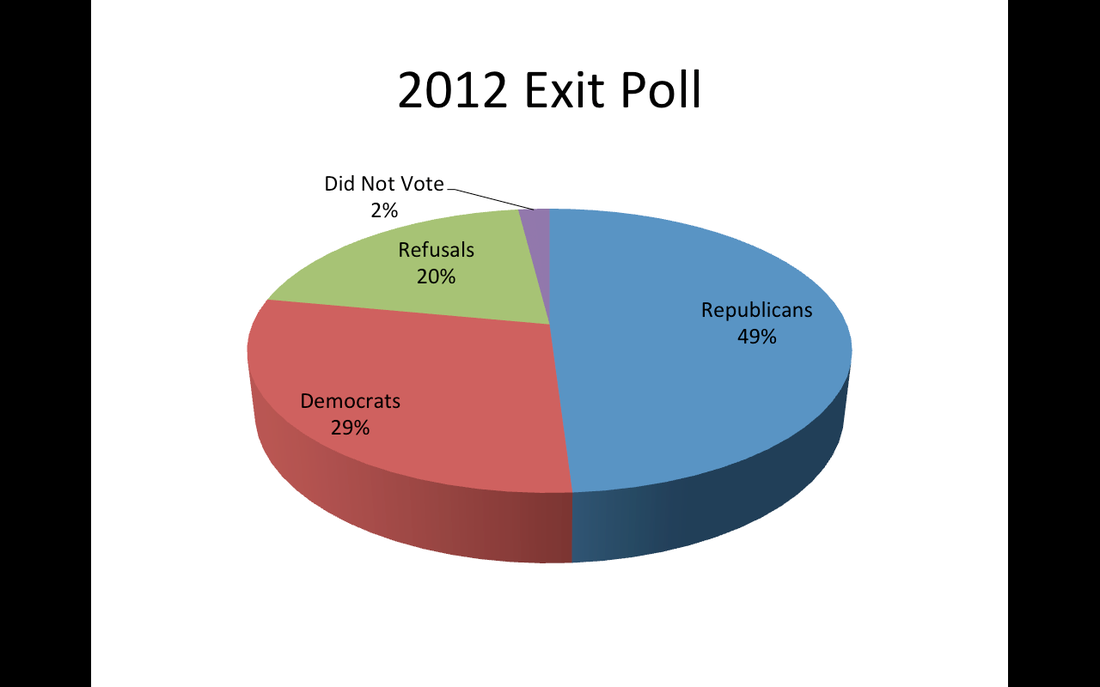
 RSS Feed
RSS Feed